
This Master is specially designed for managers
who need to be at the forefront of their company’s digital
strategies in order to lead projects and guarantee success.
You’ll make a difference in your career thanks to this transformative programme and its global approach. Once you have completed the programme, you will feel confident in your abilities to solve any digital challenges you may come up against.
This Master contains both online and onsite sessions, the latter of which will take place in Barcelona during a one-month period. These face-to-face sessions take on a highly strategic approach and focus on the key digital disciplines you need in order to correctly diagnose problems and make decisions.
Furthermore, each subject in the curriculum boasts the support of a team of expert mentors who will help you to ensure your business plan is fully adapted to digital environments. They will become your “board of directors” for the programme’s 12-month duration; they will share their knowledge with you and offer you support to help consolidate your new insight and your business.
DURACIÓN 6 MESES
CRÉDITO 60 ECTS
HORAS 1500
FINANCIACIÓN SÍ
BONIFICABLE FUNDAE SÍ
ACCESO A BOLSA EMPLEO SÍ
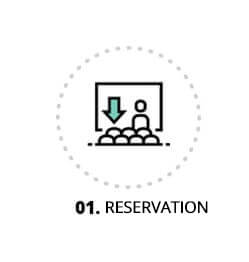
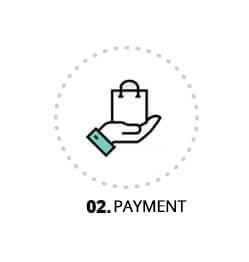
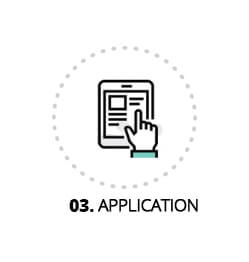
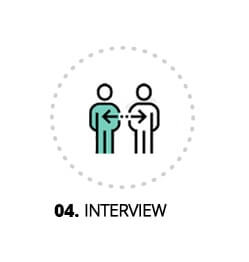
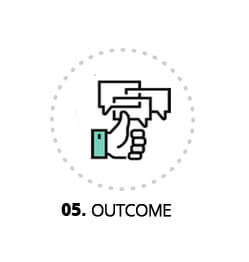
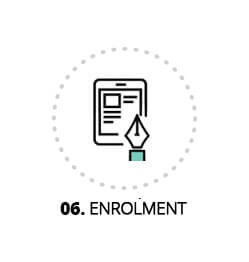


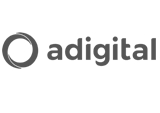
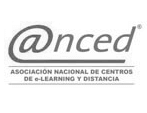

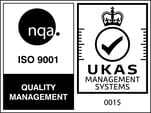
 +34 931 593 373 (Barcelona)
+34 931 593 373 (Barcelona) +34 640 08 49 37
+34 640 08 49 37